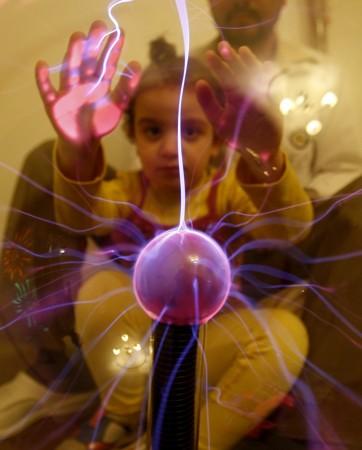
Therapies based on worm eggs or hot baths can help reduce autism symptoms, a new study says.
Autism spectrum disorder (ASD) is a developmental disorder that leads to significant social, communication and behavioural challenges.
The findings are mainly based on a popular notion that links autism to inflammation and immune dysregulation.
Additionally, previous research has shown that a significant number of children with autism reacted positively to an elevated body temperature associated with fever, which helped relive some clinical symptoms of the disorder.
In the first experiment, Eric Hollander from the Albert Einstein College of Medicine in New York and colleagues analysed previous research that showed the role of fever in improving autism symptoms. They selected a group of autistic children who showed improvement in autism symptoms when struck with fever. Children were instructed to take bath in a hot tub at 38.9 C (102 F) or 36.67 degree Celsius. Those who spent half an hour daily in the hot tub at a temperature of 38.9 C showed considerable improvement in social behaviours, compared to the other who bathed in 36.67C. The elevated body temperature helped achieve this improvement by mimicking the infection, researchers said.
The second experiment involved 10 adults with high-functioning autism spectrum disorders (HFASDs). The participants had either suffered from allergies earlier or had a family history of immune inflammatory illness.
High-functioning autism (HFA) is a less severe form of ASD. People with HFA possess average or above-average intelligence. However, they display other behavioural problems and symptoms similar to ASD.
For three months, the patients took therapy using Trichuris suis ova (eggs of whipworm or helminth trichura). The treatment helped reduce repetitive and ritualistic behaviours associated with autism.
The findings were presented at the American College of Neuropsychopharmacology (ACNP) Annual Meeting in United States.
Similar to the current study, a study published in the journal Psychology in the Schools found that a popular summer treatment program involving skill instruction and therapeutic activity helped improve non-literal language skills and social behaviours in autistic children.

















